by Keith Milton
It could be argued that Hannibal’s hesitation to go after Rome shortly after Cannae was because he lacked a siege train. However, he also lacked something even more important—a well-defined political goal. He merely wanted to punish the Romans and then go back to the way things were; something as impossible to fulfill then as it is today. His Numidian commander, Maharbal, perhaps said it best when he told Hannibal that he knew well how to gain a victory but not how to use it.
Hannibal remained in Italy for 13 more years, fighting a few minor skirmishes and occasionally threatening Rome itself. Lack of support from his homeland finally caused him to quit Italy and return to Carthage, the home he had not seen since early childhood.
Going Against the Numidians
Hannibal’s last major battle—and his only defeat—was against the legions of Cornelius Scipio (Africanus) at the battle of Zama, which took place near Carthage itself in 202 BC. Defection of his highly prized Numidian horsemen has been cited as one of the major reasons for his loss. The Numidians were always mercenaries, and the Romans were willing to pay more that the Carthaginians.
Hannibal and Scipio Chatting About Old Times
Scipio and Hannibal had occasion to meet many years later, and sat down to talk of old times. As is usual with old soldiers, the subject of warfare came up. Scipio asked Hannibal his opinion about the three best generals in history. Hannibal thought a moment and then named Alexander as number one.
“Without question. He was almost always outnumbered, yet he always gained the victory.”
“And number two?” asked Scipio.
“I would say Pyrrhus of Epirus,” answered Hannibal. “Although some of his victories were costly, he won them nonetheless.”
“And number three?” asked Scipio.
“Myself, of course,” answered Hannibal.
“And if you had beaten me at Zama?” continued Scipio, obviously piqued at being excluded.
In what may have been the all-time epitome of left-handed compliments, Hannibal replied, “In that event, I would have placed myself number one among the Commanders.”
Scipio was able to overlook the defeats and humiliation that Hannibal had heaped upon Rome, but most other Romans were not. As their influence spread and Roman power grew to encompass the entire Mediterranean, Hannibal gave up his elder statesman role and left Carthage. He served as military adviser to several Pashas and Satraps in the Levant for several years, but he was also aware that many Romans sought vengeance. His name had become a bug-bear in Rome, and many Roman parents used the phrase “Hannibal is at the gates” to frighten their children into acceptable behavior. As the Romans closed in on him at a villa he had taken in Bythnia, he chose to fall on his sword rather than return to Rome to torture and eventual death.
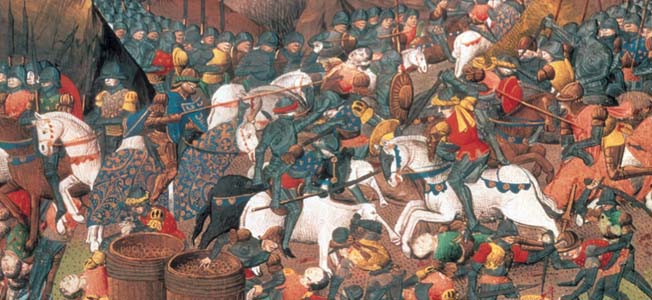
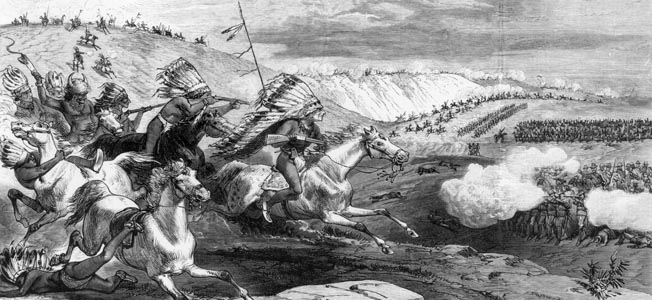
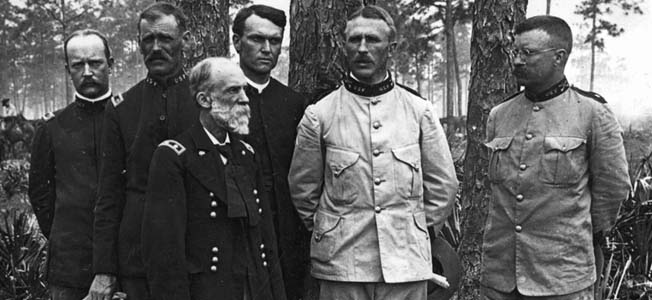
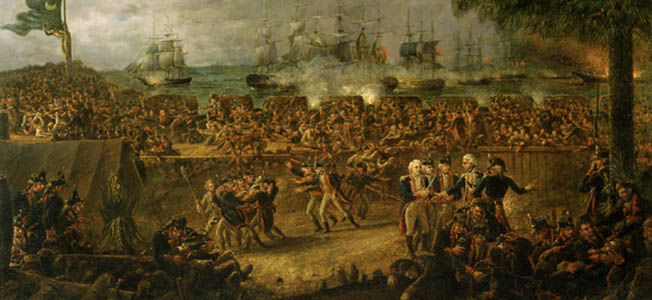
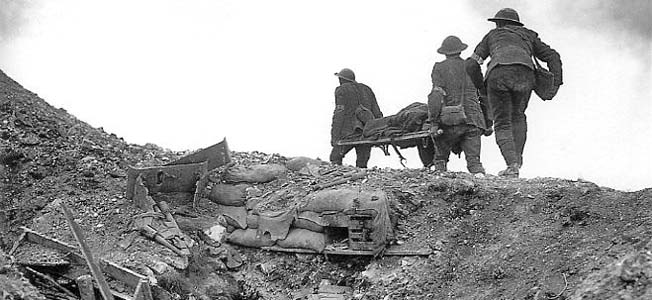
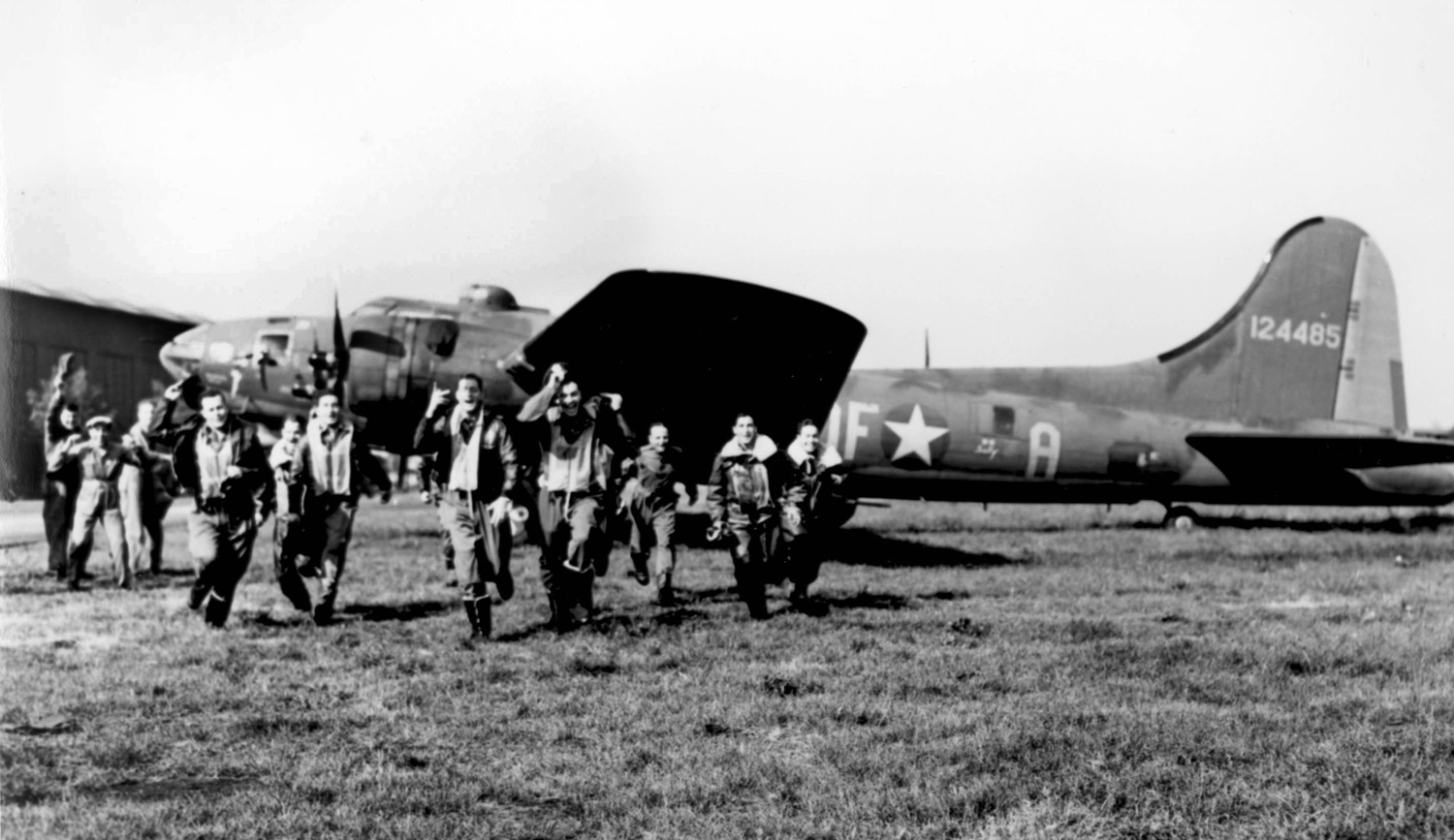
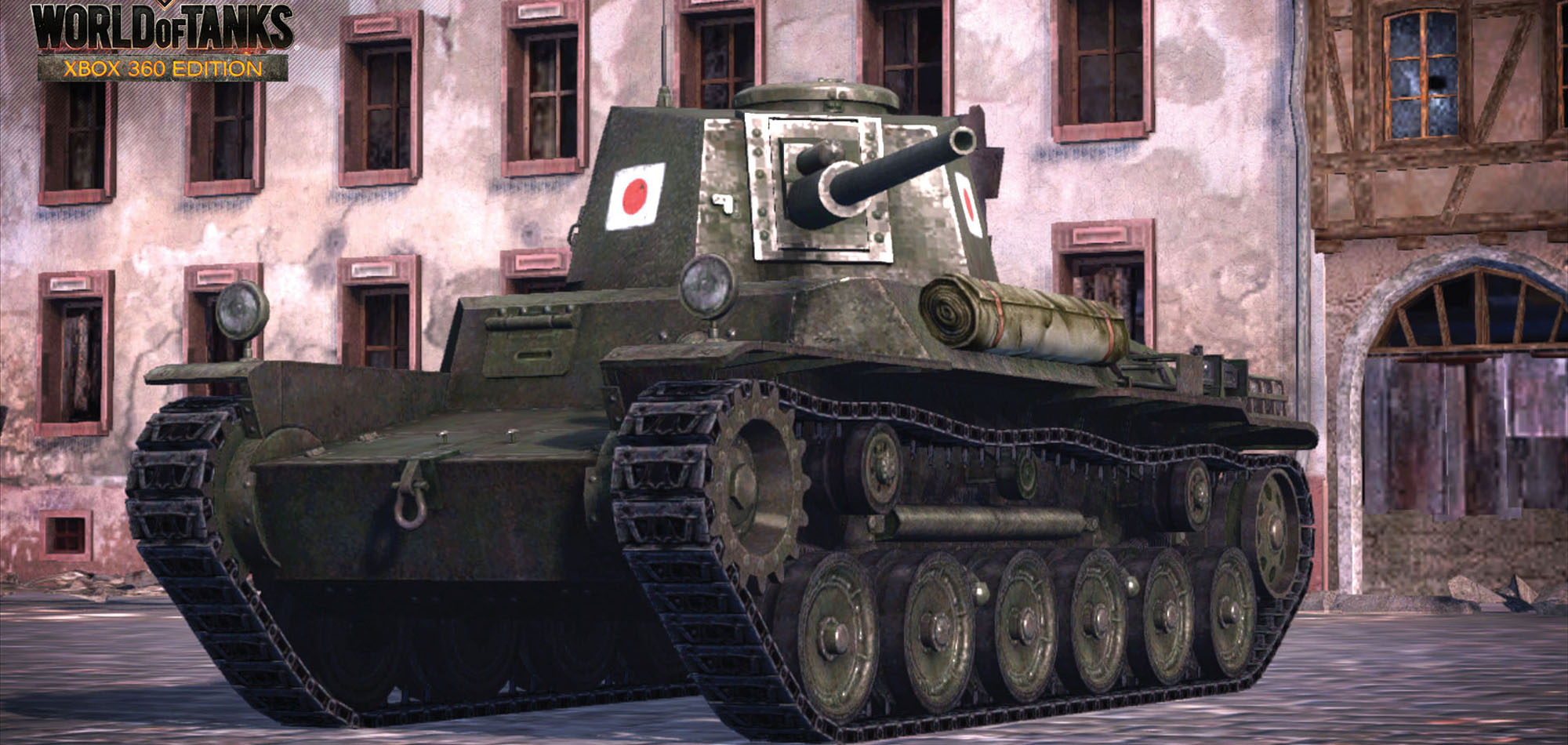
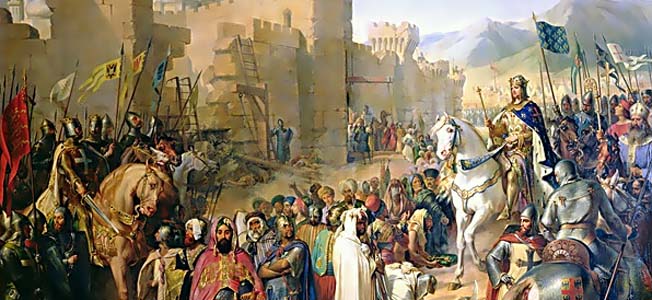
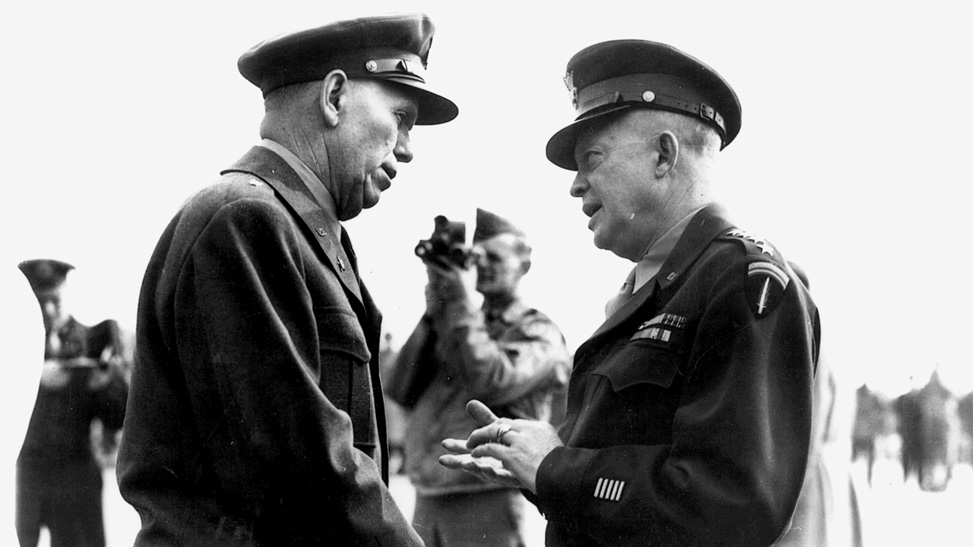
Join The Conversation
Comments
View All Comments